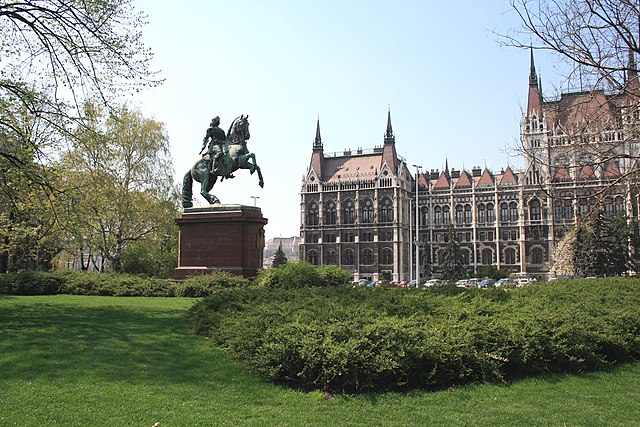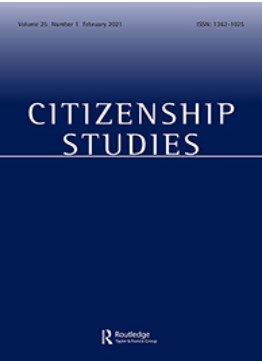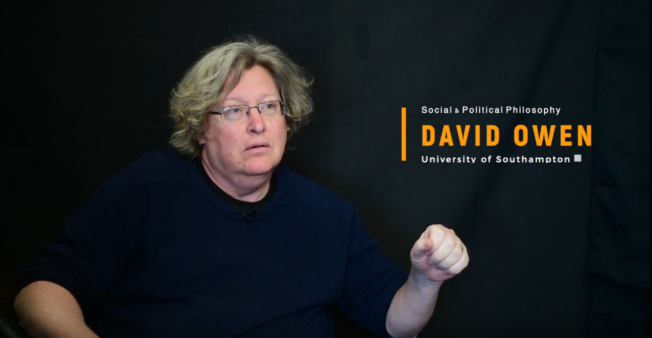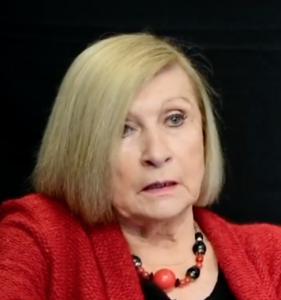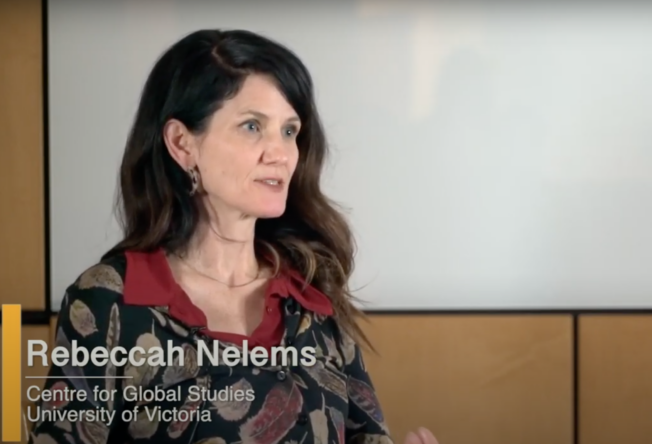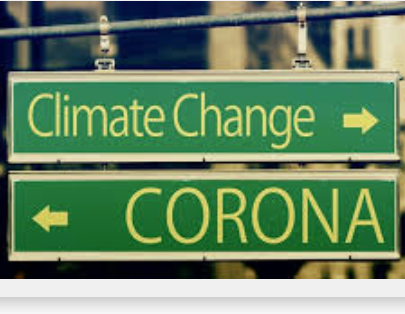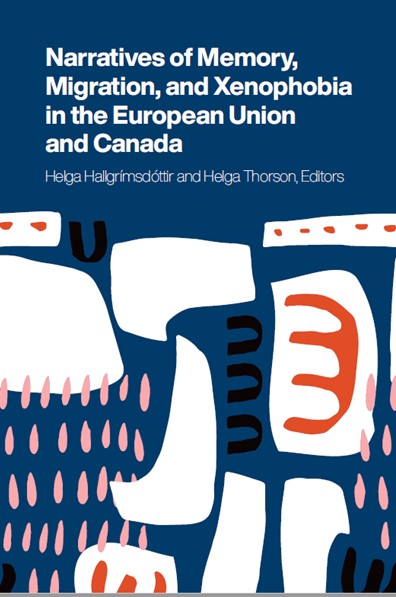Bridging Democracy’s Chasm, by Laurence Claussen
by Laurence Claussen, EUCAnet Assistant
You can also read this piece on Braintree, Laurence’s blog.
For parties and politicians in democratic systems, there are two basic goals: winning elections and implementing policies. First, you have to seize office or parliamentary seats, then you can try to put your political or social vision into practice. These goals are intrinsically connected. Practically speaking, one obviously precedes the other. And the need to regain an electoral mandate every couple years means that the legislative process is never far away from the ballot box. Each goal, however, is distinct. They call for different strategies; being a good campaigner doesn’t guarantee successful legislating and adeptly maneuvering the halls of power doesn’t always make a candidate more appealing in an election. More importantly, the basic logic of a campaign is different from the basic logic of a legislative session. In a campaign, the goals are tangible and numeric; there is victory, there is defeat, and often the ultimate outcome is zero-sum. With a bill, the range of possible outcomes is much larger, and it is rarely easy to declare a clear winner.
This dichotomy is subtle but real, and it is important because the relationship between the election process and governing process often determines the stability and efficacy of a democratic state. Put simply, if raucous and combative elections don’t smoothly transition into collaborative governing, then civic bonds are likely to unravel.
In many Western democracies today, there is a growing chasm between those two goals: so many focus entirely on how to ‘win’ power and barely conceive how best to wield it for positive purposes. As a result, democracies have become lopsided. Parties or candidates that excel at the electoral game often have poor legislative records, while committed policymakers struggle to win any widespread support. Generally, electioneering has become more important than governing.
Ideally, both goals should be equally important: we want popular leaders to fight for and win popular mandates, but we also want policymaking to progress without electoral victory as the only goal. As much as possible, we want elections to settle disagreements without aggravating factionalism.
The extent to which this ideal democracy has or ever will exist is debatable. But I worry that the balance is tipping in a dangerous direction. Winning an election depends on powerful negative partisanship, and as a result, the resultant government can be left combative and obstructive.
When democracy was in its infancy, its architects were afraid of this outcome. Perhaps no one better articulated this fear than George Washington in his famous farewell address. I know this speech has been quoted ad nauseum, but one section is particularly relevant here. Discussing the corrosive influence of partisan agents and political obstructionists, Washington asserted:
Unfortunately, this has largely become the American reality. With the filibuster, the two per State structure of the Senate, and the electoral college system, the political minority is greatly empowered and the possibilities of obstruction great. A party can win unified control of government (control the White House, House of Representatives, and Senate) and still struggle to actually pass legislation. The situation is made worse by the almost constant election cycle, as politicians will always have an incentive to sit on their hands and try to win big next time around. Furthermore, as each party tries to wrestle office from the other, polarization and mutual disdain grows, driving a wedge between the election and the policymaking that is supposed to follow. In this environment, parties spend so much time hyping up their supporters and badmouthing their opponents that they have less options and flexibility once the legislative session begins. Politicians always carry electoral promises, hopes and fears with them when they pass the steps of Congress. But perhaps never before have their political priorities been so dependent on electoral considerations. It would take an exhaustive work of political science and volumes of data to prove this; but in the wake of the Trump GOP, and after Congress almost refused to certify the results of a presidential election, something qualitative appears to have shifted in the democratic calculus of most American legislators.
This is not just an American problem, however, as a similar phenomenon can also emerge in parliamentary systems. In the UK, shifting circumstances have solidified the electoral map in a way that has little to do with records of achievement or public opinion. With Scotland transforming into a nationalist party stronghold, Brexiteers on the right coopted, and the First Past the Post electoral system unchanged, it has become almost impossible for a left wing party to rule the country. In this case, the elections will almost always produce a certain result, but it is hard to say whether this result signifies effective and responsive policymaking.
To varying degrees we see the same thing playing out in Spain, France, Israel, Germany, and Scandinavia: small parties throw rocks to pick up seats here and there, while big parties remain largely entrenched. Every now and then a popular wave might carry policy implications, but most often the electoral process leads to a kind of political paralysis. In Germany the rise of the AFD has limited coalition options for all other mainstream parties and reignited fears of right-wing extremism – little has changed in terms of actual government. In Sweden a similar thing has played out, with the far-right Sweden Democrats destabilizing coalition-building and dissolving governments. In such cases, combative electioneering has become the focal point of the democratic process. And so long as this remains true, democracies will be inadequately responsive to the wants and needs of the people, resulting in a pattern of diminishing material returns.
To be clear, these are immensely complicated problems that can’t be fixed with easy tweaks. What’s more, democracy will never be utopian – nor should it be. In the transference of power and settlement of disputes, dirty tactics and imperfect results are the norm. Politics is messy, and it always has been.
And yet, it is always appropriate to discuss and tinker, and to reconsider the way we do things.
If Biden and his allies are to be believed, we are potentially on the cusp of a great democratic revival. Hard soul-searching has certainly become increasingly common in democratic countries, and the question of democracy’s flaws is getting a lot more ink these days. This self-doubt could fuel our collective pessimism, but it could also give grounds for hope. Democracy, after all, is always at its best when it serves as its own harshest critic.
In that spirit we must seize the chance before us one hard step at a time. And a good place to start is by bridging the chasm between winning and wielding power. Each country will have to do that for itself, and it will probably require a healthy combination of voting reform, political financing reform, and broader societal renewal centered around de-polarization. I don’t know how feasible this is. But only in a system where it is possible to fight, to lose, to shake hands and get back to work is long term progress sustainable.
About the author: Laurence Claussen graduated from the University of British Columbia in November 2020 with an MA in Political Science. His thesis focused on whether the US president promotes bipartisan policy-making, but he also focused on migration politics, ethics in democracy, and public opinion while at UBC. He received his BA in History from the University of Aberdeen. His studies there focused on Western European political and legal history, as well as Western ethics and English literature. Laurence currently runs a blog on politics and history and intends to pursue a career in the US Foreign Service.
